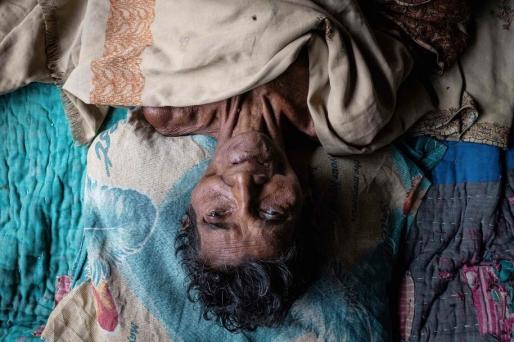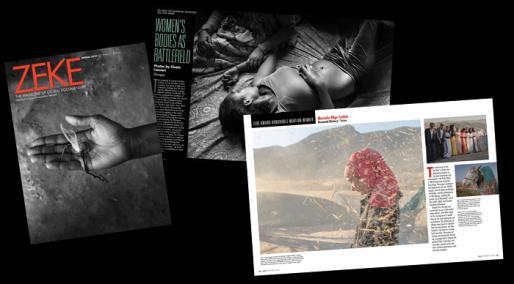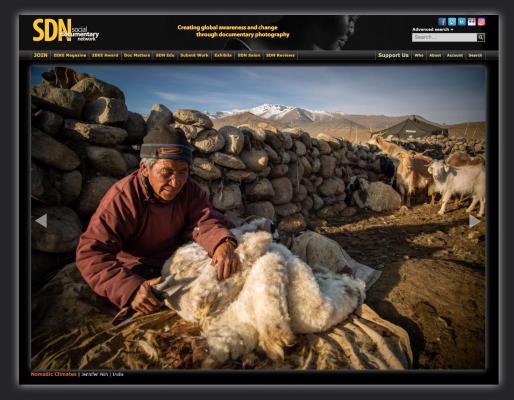





Join us for 10 virtual and in-person artists talks and panel discussions celebrating documentary photography exploring:
Click here for more information

ZEKE magazine presents the best of global documentary photography delivered to your door, and to your digital device, twice a year. Each issue presents outstanding photography from the Social Documentary Network on topics as diverse as the war in Syria, the European migration crisis, the Bangladesh garment industry, and other issues of global concern.
Click here to subscribe


Click here to visit the SDN YouTube Channel

Sign up to receive notifications about our documentary photography programs and events including Call for Entries, SDN Salon, Documentary Matters, SDN Education, SDN Reviews, ZEKE magazine and more...